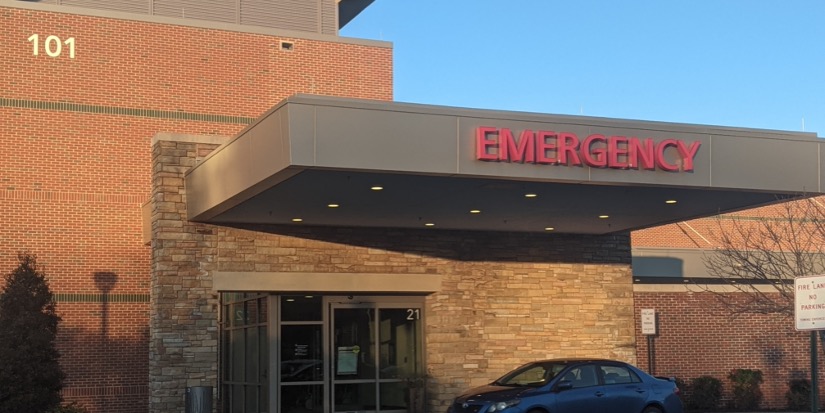
-
minEmergency Department at Lee's Hill Visit Location
-
minStafford Hospital Visit Location
-
minEmergency Department at Harrison Crossing Visit Location
-
minMary Washington Hospital Visit Location
ER Wait Times
If you are experiencing a medical emergency, please call 911 immediately.
Our ER wait times to see a first provider are updated every 15 minutes. At all four MWHC Emergency Departments, a first provider is either a physician, a physician's assistant or a nurse practitioner. These times are not guaranteed.
Mary Washington Healthcare (MWHC) Emergency Room wait times are based on the average length of time from registration to seeing a physician, a physician's assistant, or a nurse practitioner.
The average is calculated using the actual wait times from the past four hours and is updated every 15 minutes. These times are an average, thus not guaranteed upon arrival. Many factors can affect our wait times, such as patients with trauma, life-threatening injuries or illness, or arriving by ambulance. Patients with a life-threatening condition will always be seen before those with less-serious illnesses or injuries.
If you need assistance in assessing your symptoms before going to an emergency room, call our nurse advice line at 540.741.1000, 7:00 a.m. to midnight, seven days a week (Virginia residents only). Our nurses can help you understand your or your family member’s symptoms and recommend the appropriate course of action.
Call 911 immediately and seek emergency services if you have any of these symptoms:
- Loss of movement in the arms or legs, numbness, tingling, confusion, dizziness, double vision, slurred speech, trouble finding words, or weakness in one side of the body or face.
- Chest pain or discomfort, pain in the arm, jaw or neck, breaking out in a cold sweat, extreme weakness, nausea, vomiting, feeling faint, or short of breath
- Tenderness and pain in the back of the lower leg or chest, shortness of breath or coughing up blood.
- Blood in the urine without pain.
- Asthma symptoms that do not improve or worsen.
- Depression or suicidal thoughts.
-
 Mary Washington Hospital ER
Mary Washington Hospital ER
1001 Sam Perry Blvd
Fredericksburg, VA 22401 -
 Stafford Hospital ER
Stafford Hospital ER
101 Hospital Center Boulevard
Stafford, VA 22554 -
 Emergency Department at Lee’s Hill
Emergency Department at Lee’s Hill
10401 Spotsylvania Ave, Suite 103 Fredericksburg, VA 22408 -

Emergency Department at Harrison Crossing
5501 Plank Rd., Suite 100
Fredericksburg, VA 22407
